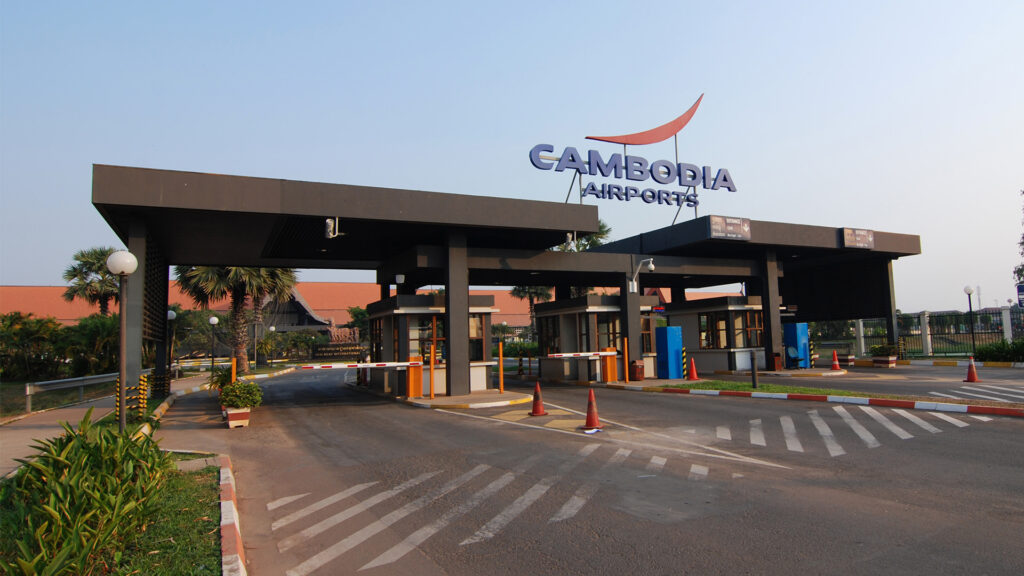India applies modified Montreal Convention 1999 to domestic carriage
Since the Montreal Convention 1999 (MC99) came into force in India on 30 June 2009, clarity on whether its provisions would also apply to domestic carriage within India has been awaited. Following the publication of an official Gazette Notice on 17 January 2014, the Indian government has confirmed that, as from the date of that Gazette Notice, a modified version of MC99 will apply to domestic carriage within India.
The principal variation from MC99 is in respect of the threshold above which defences in relation to claims for death, wounding or bodily injury may be available to the carrier in certain limited circumstances. Under MC99 this threshold is SDR113,100 (circa. US$174,600 at current exchange rates), but for domestic carriage within India it will be INR2 million (circa. US$33,000 at current exchange rates). The notice also converts the limits contained in article 22 of MC99 relating to cargo, baggage and delay into Indian Rupees. These changes are summarised in the table below.
| Provision and MC99 Article | MC99 (SDR) | Domestic Carriage (INR) | SDR (approximate equivalent) |
|---|---|---|---|
| Death, wounding or bodily injury (Article 21(1)) | 113,100 (Threshold) | 2,000,000 | 33,000 |
| Delay (Article 22(1)) | 4,694 (Limit/breakable) | 80,000 | 1,321 |
| Baggage (Article 22(2)) | 1,131 (Limit/breakable) | 20,000 | 330 |
| Cargo (Article 22(3)) | 19 (Limit/unbreakable) | 350 | 6 |
This legislative development will provide greater certainty for passengers and carriers in terms of their respective rights and liabilities in the event of an accident involving a domestic flight within India. In particular, the absence of limits of liability for death, wounding or bodily injury may help to simplify the management of these claims. However, we anticipate that issues will arise in relation to cargo claims where the domestic (unbreakable) limit is now less than a third of the equivalent international limit. Article 29 of MC99 is retained in the modified version applicable to domestic carriage and so claims for loss or damage to cargo pursued in contract or tort under Indian law should not be sustainable. That said, we suspect that low and unbreakable limits of liability may incentivise cargo interests to test this in the Indian courts.
Indian air carriers operating domestically should review and update their terms and conditions of carriage, if they have not already done so, to ensure that they comply with the new regime.
For more information, please contact Keith Richardson, Partner, on +65 6411 5302 or keith.richardson@hfw.com, or Kate Seaton, Senior Associate, on +65 6411 5317 or kate.seaton@hfw.com, or your usual contact at HFW.
Download a PDF version of ‘India applies modified Montreal Convention 1999 to domestic carriage’











